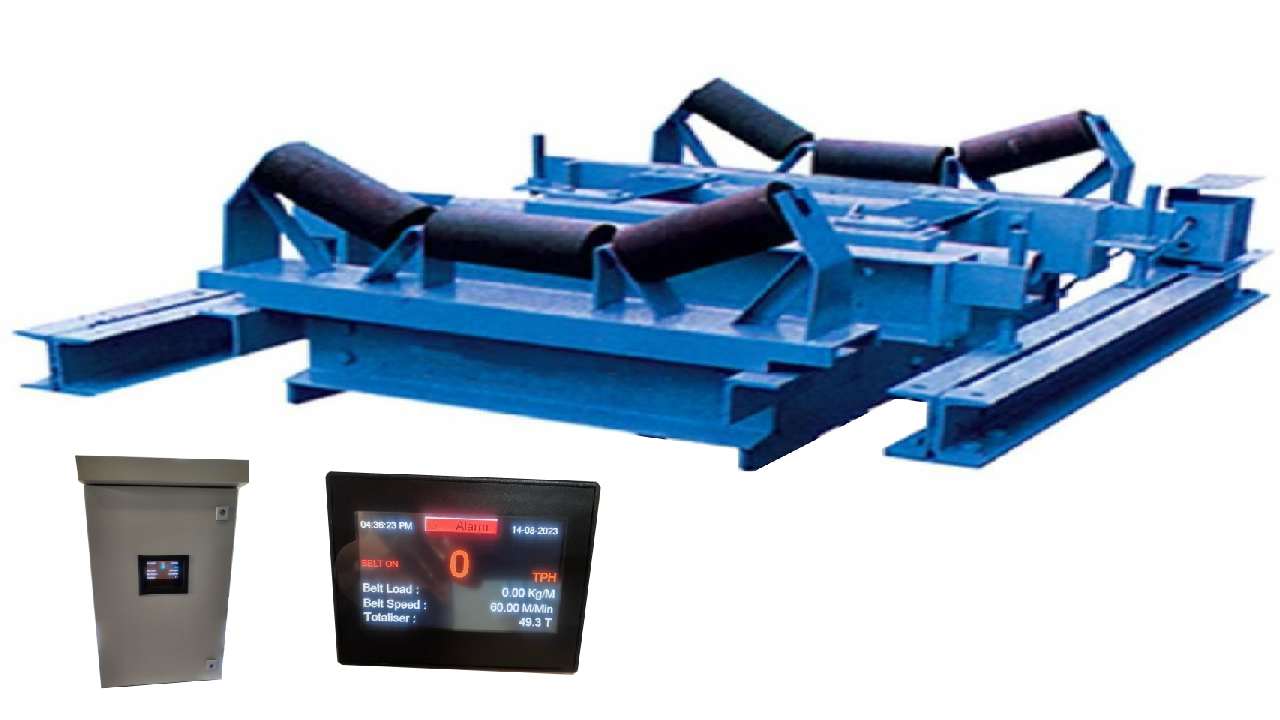
Belt weighers, also known as conveyor belt scales or conveyor belt weighers, are essential instruments used in various industries to measure the flow rate and total weight of bulk materials as they are transported on conveyor belts.
These devices are critical for applications that require precise monitoring and control of material quantities, such as mining, agriculture, manufacturing, and logistics. Belt weighers provide real-time data, ensuring accurate inventory management, quality control, and compliance with industry regulations.
In the mining industry, belt weighers are integral to the extraction and transportation of minerals, ores, and other materials. They allow mining companies to monitor the flow rate of materials, track the total tonnage moved, and ensure that weight limits on conveyor systems are not exceeded. This data is crucial for optimizing production, meeting customer demands, and adhering to safety and environmental standards.
Agriculture relies on belt weighers for tasks such as the precise measurement of harvested crops, seeds, and fertilizers as they are conveyed from field to storage. This data helps farmers manage their yields, reduce waste, and make informed decisions about planting and distribution. Belt weighers also play a role in the food processing industry, ensuring accurate portioning and packaging of products like grains, fruits, and vegetables.
In manufacturing, belt weighers assist in the production of various goods, from building materials to consumer products. By monitoring the flow of raw materials, manufacturers can maintain consistent product quality and minimize waste, contributing to cost-effectiveness and sustainability. In logistics and distribution, these systems are used to verify product quantities and facilitate accurate loading and unloading, reducing the risk of overloading and optimizing shipping processes.
Modern belt weighers are equipped with advanced technology, including precision load cells, digital signal processing, and data integration capabilities. This allows for real-time monitoring, data collection, and the automation of control systems. These advancements make belt weighers indispensable tools for industries seeking to enhance efficiency, accuracy, and compliance in their material handling processes.
